We've lost our way.
We've been bamboozled into believing that 'food' comes in boxes or cans with long ingredient lists, full of artificial colors and preservatives.
We've been led by advertisers to believe that we're so busy, we deserve convenience foods in order to make our lives easier and take one (of our many) stresses away.
Our TVs and radios spew commercials for cheap, pre-packaged, ultra-processed junk food, fast food restaurants, and food delivery services.
Our Sunday newspapers extol the savings inside the coupon section -- all for ultra-processed convenience foods that are nutritional dead (and may be artificially fortified because of this).
It all boils down to advertising and money.
We've been played the fool... and we fell for it.
Health organizations such as the ADA (American Diabetes Association), CDC and others still incorporate these ultra-processed, nutritionally dead foods as a result of sponsorships from the major pharmaceutical, food and beverage corporations. These sponsorships by junk food companies have been reduced significantly over the last 10 years, but this is not enough. They have a huge obligation to public health and are failing us.
Finally though, it seems people are waking up and starting to see what's been happening.
We're learning that food is more powerful than we ever believed; Food impacts our attention span, our state of mind, our level of energy, our sleep.
Food and water are our two major bodily inputs and the great majority of us have control over both. High quality, nutritionally dense "clean" inputs will help our body run smoothly, in a more natural state.
Researchers, doctors and other health professionals are standing up to call the foul of our modern food system by recommending low carb and/or whole foods:
Dr. Richard K. Bernstein (Endocrinology/Diabetes)
Prof. Tim Noakes (Exercise Science and Sports Medicine)
Dr. Jay Wortman (Biochemistry)
Dr. Eric Westman (Internal Medicine)
Dr. Stephen Phinney (Nutritional Biochemistry)
Prof. Jeff Volek (Kinesiology/Physiology
Dr. Sarah Hallberg (Internal Medicine/Diabetes)
Dr. Andreas Eenfeldt (Family Medicine)
Prof. Robert Lustig (Pediatric/Neuro Endocrinology)
Dr. Ted Naiman (Internal Medicine)
Prof. Richard D. Feinman (Biochemistry)
Dr. Michael D. Fox (PCOS/Infertility)
Dr. David Perlmutter (Neurology)
Dr. Terry Wahls (Internal Medicine/Multiple Sclerosis)
Dr. William Davis (Cardiology)
Dr. Peter Attia (Oncology)
Dr. Keith Runyan (Nephrology)
Dr. Dominic D'Agostino (Molecular Pharmacology & Physiology)
Troy Stapleton (Radiology)
Dr. Aseem Malhotra (Cardiology)
Franziska Spritzler (Dietician/Certified Diabetes Educator)
These are just some of the professionals who are making their opinions public. There are many, many others quietly working to change the status quo, but I digress....
Our grandparents and great-grandparents knew how to plant and grow a kitchen garden; How to can and preserve their harvest. They knew that fat wasn't bad, it was a necessity. They understood that these foods would keep their bodies and minds healthy and they didn't need huge scientific studies or expert recommendations to prove it.
Sometimes "progress" isn't progress and we have to take a step back.
I'm thankful for our modern medical care and devices. I'm thankful for sanitation and the incredible information that we share instantaneously, but we have to go back to this innate wisdom of how we used to eat.
What can we do?
Question our modern food system run by large corporations, and the all-powerful advertising/sponsorship dollars that they give to our medical organizations.
Re-think your idea of convenience and ask yourself: Is this natural? Does this support my health goals? Is it brought to me by large food corporations?
I urge you all, put your money where your values are. It's not only better for our health, but better for local businesses and the environment. Whenever possible:
Buy locally produced, minimally processed foods
Join a CSA (community supported agriculture) and/or shop you local farmers market
Read labels on food products and choose those with the fewest, most natural ingredients
Select whole, unseasoned cuts of meat, fish, chicken and pork (preferably organic)
Stock your refrigerator/kitchen counters with fresh vegetables (cabbage, zucchini, cucumbers, avocado, celery, radishes, spinach, leeks, mushrooms, string beans, broccoli, brussels sprouts, okra, eggplant, etc.)
Pre-prep/pre-cook foods for convenience on busy weeknights
In my experience, if I'm too busy to cook nutritious whole foods, we eat a "tabla de fiambres" (with various cheeses, meats, olives and pickles) and throw together a simple salad or veggie stir fry.
Or I can plan ahead and prep food over the weekend to eat all week. (I use a modified version of Melissa Joulwan's "Weekly Cook Up" plan outlined in her book Well Fed.*)
In fact, I'll be done prepping my spinach salad with a side of leftover roast beef, or my skillet meal made with fresh ingredients from my fridge in the time it takes to cook a box of Mac & Cheese or a frozen pizza.
How's that for convenience food?
*The book Well Fed contains great tips for pre-cooking food and meal plans/recipes for the week. Please be advised this book is intended for Paleo/Whole30 eating and while lower carb, may not fit with your low carb goals.
About the author: Lisa La Nasa has had Type 1 diabetes since 2002. She's a low-carb-whole-foods advocate, founder of diaVerge.com and contributor to Diabetes Daily. Lisa's a mother, artist and adventurer, committed to spreading the word about low carb eating for diabetes and the benefits of minimally processed foods on our bodies and the environment.
For questions, consultations or just to say hi, please contact us.


